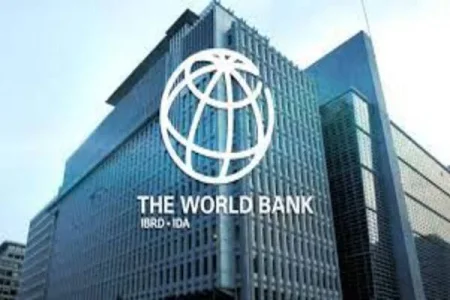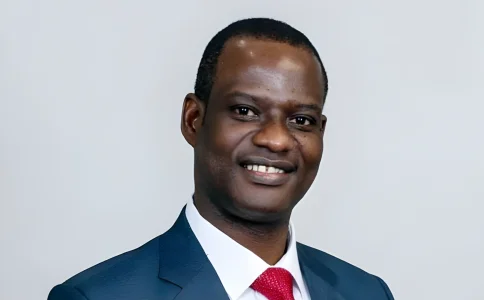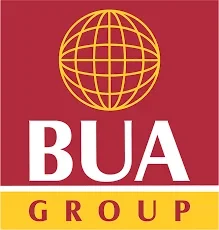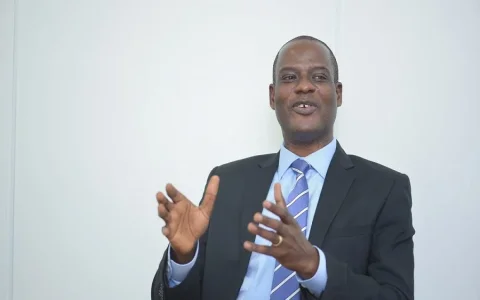
The World Bank asserts that President Bola Tinubu’s reforms aim to prevent Nigeria from economic collapse amid rising inflation. With over 129 million Nigerians living in poverty, the bank emphasizes the need for corrective measures to stabilize the economy and improve the purchasing power of citizens.
In a recent discussion on Channels Television, Dr. Ndiame Diop, the World Bank's Country Director for Nigeria, emphasized that President Bola Ahmed Tinubu's economic reforms are crucial for preventing Nigeria from slipping further into economic despair. His comments followed the release of the World Bank’s latest report, The Nigeria Development Update, which revealed a staggering rise in poverty levels, with over 129 million Nigerians currently living below the national poverty line.
According to the report, the percentage of Nigerians in poverty has skyrocketed from 40.1% in 2018 to an alarming 56% in 2024, largely due to escalating inflation and sluggish economic growth. Diop described the current administration's reforms as “corrective,” addressing the urgent need to stabilize an economy grappling with rising prices and diminishing purchasing power.
The report outlined that growth in Nigeria has not kept pace with inflation, leading to severe consequences for millions of citizens. As headline inflation continues to rise, it has forced many into hunger, exacerbating an already dire situation. The World Bank pointed out that the ongoing economic challenges are compounded by the lingering effects of the COVID-19 pandemic, which have further stunted economic recovery.
The analysis highlights that Nigeria's real GDP per capita has yet to recover to pre-2016 levels, following the oil price-induced recession that hit the nation hard. This persistent stagnation, coupled with a rapidly growing population, has resulted in an unprecedented number of citizens trapped in poverty.
As the government navigates these reforms, the World Bank remains cautiously optimistic, underscoring that these measures are essential to avoiding a deeper economic crisis. The statement serves as a call to action for the administration to prioritize sustainable growth and social stability, ensuring that future generations do not inherit the challenges of today.
The World Bank's stark warnings and emphasis on reform raise critical questions about the path forward for Nigeria. With millions of lives at stake, the effectiveness of these reforms will be closely scrutinized in the months to come, as citizens hope for tangible improvements in their daily lives.
4o mini




